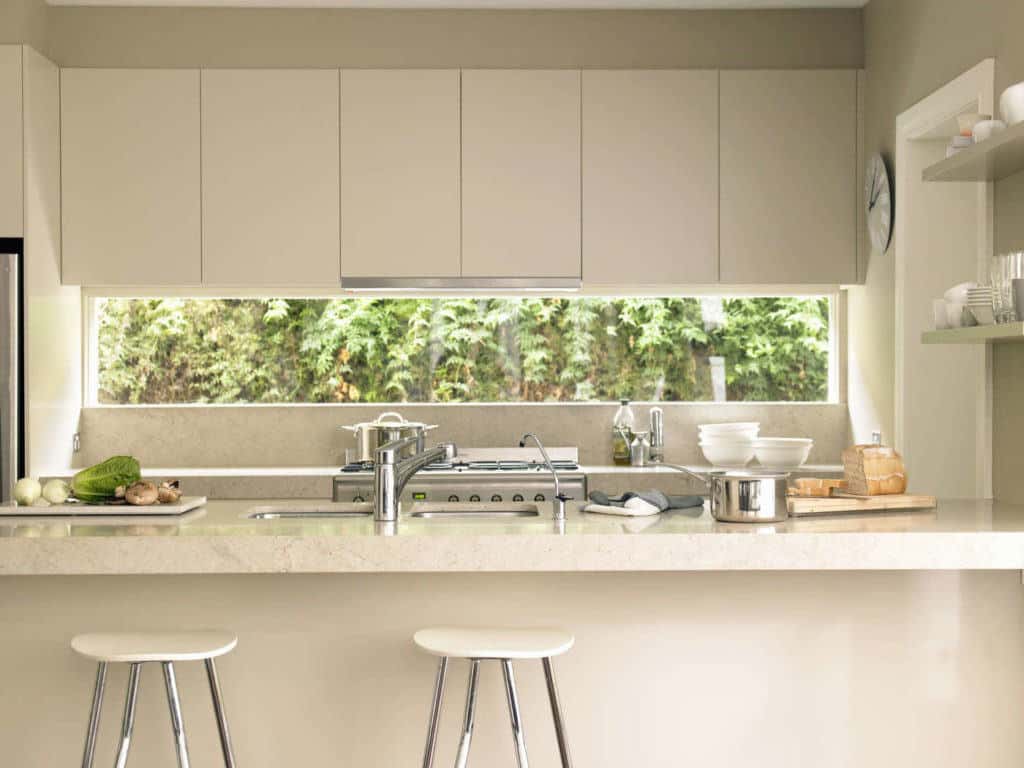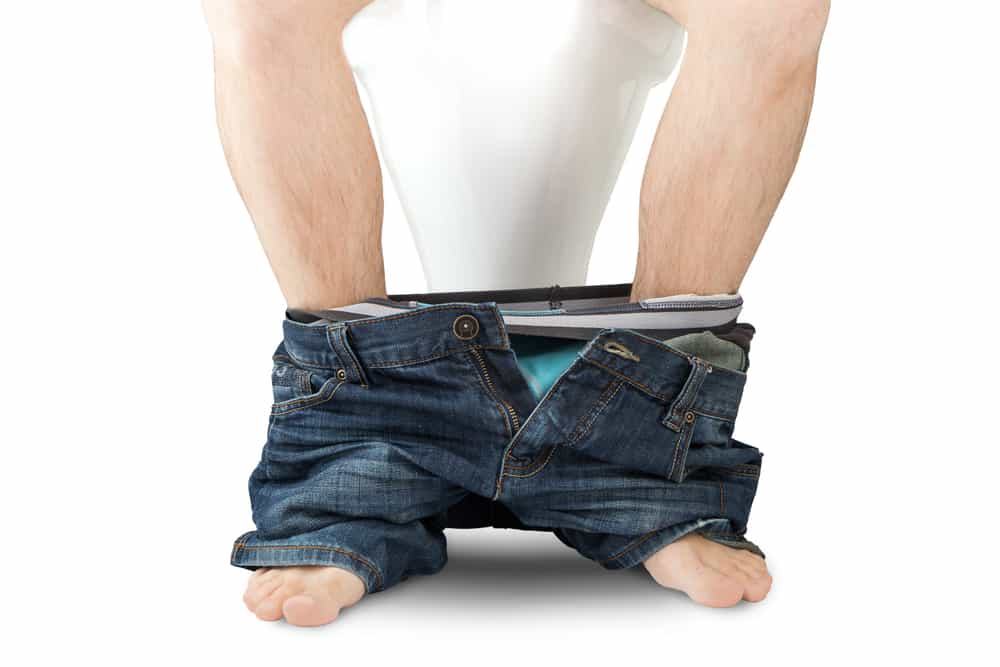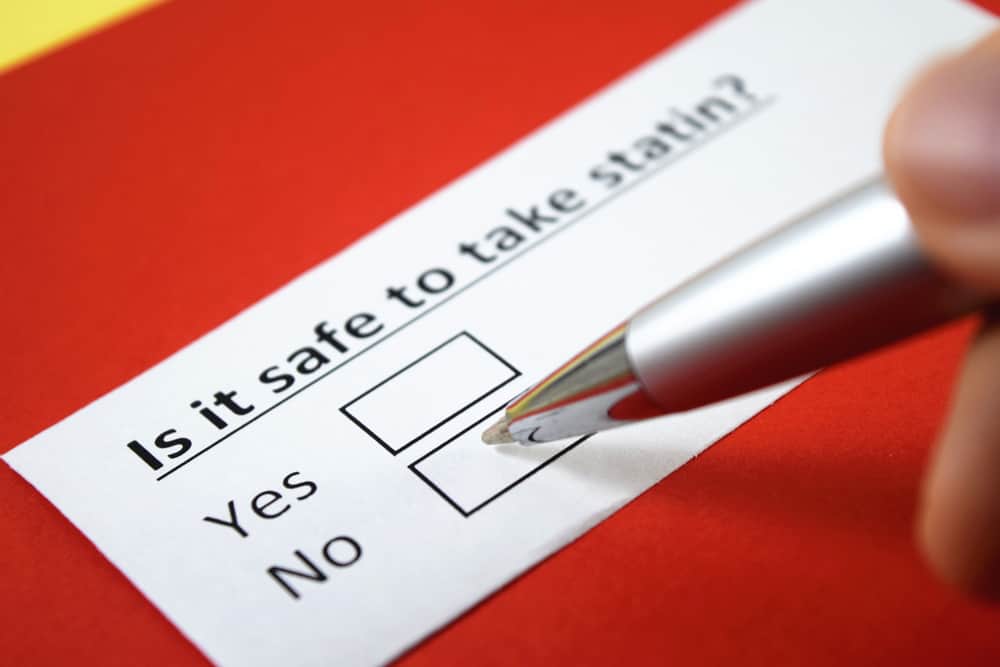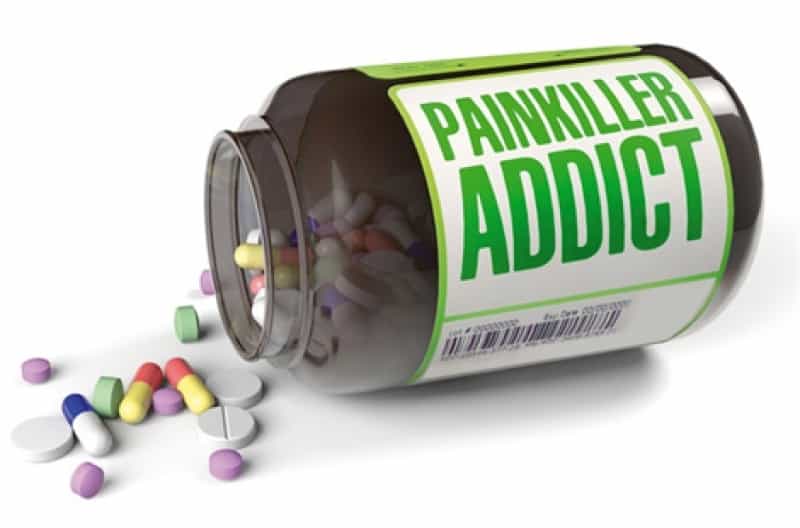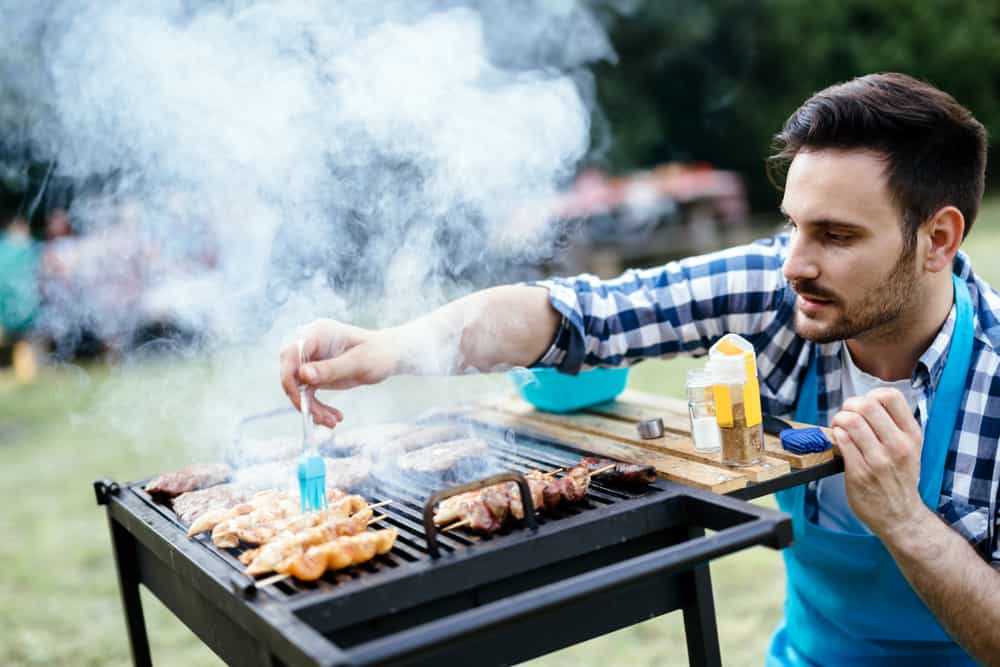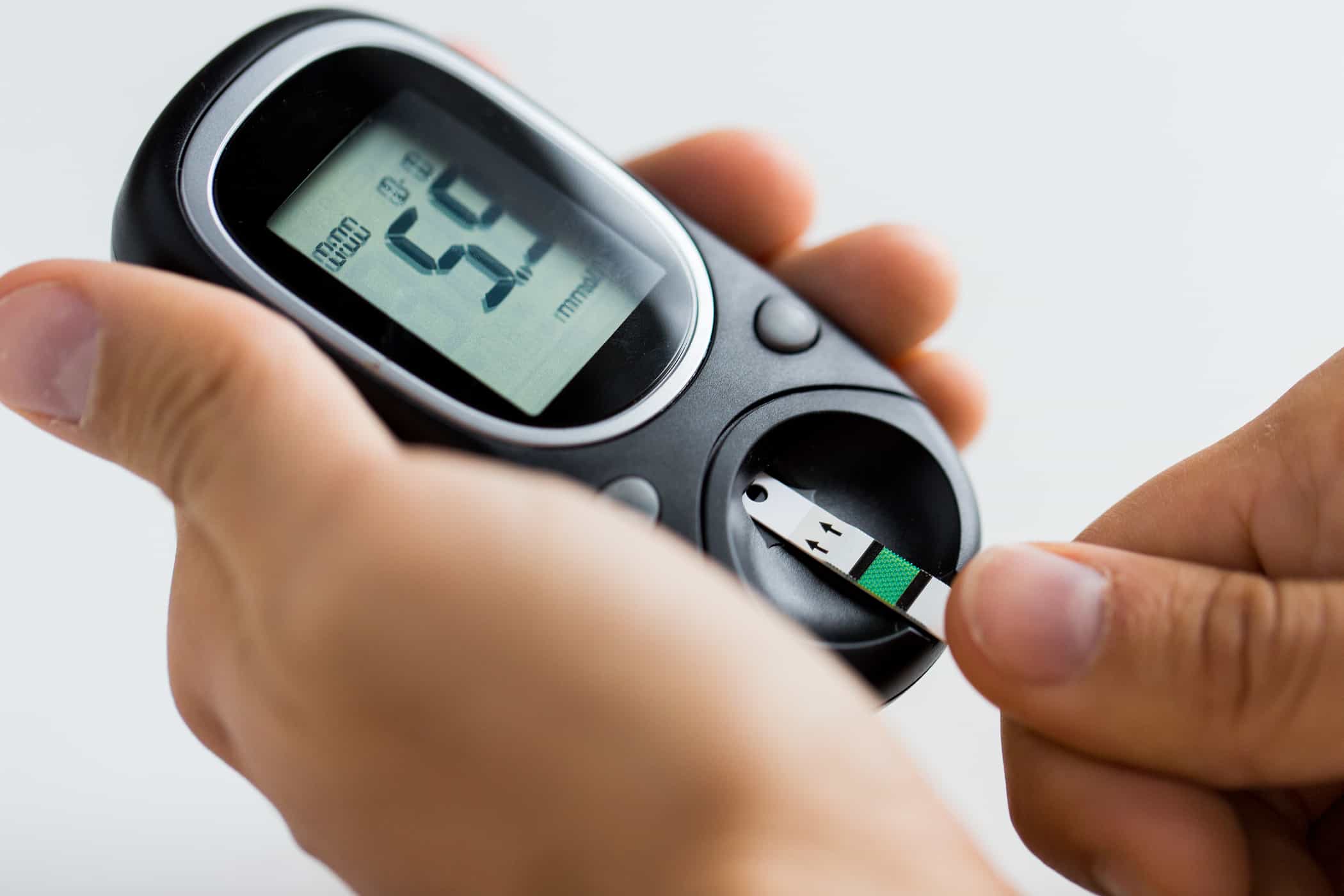Contents:
Medical Video: 16 Questions That Could Save Your Child’s Life
To prevent things that are not desirable, especially if you have a baby or small child in the house, precautions and precautions must be applied in every room in your home. What should you pay attention to?
- Install smoke detectors throughout your home, at least one at each level and outside the bedroom. Check once a month to make sure the detector is functioning properly. Even better if you use a smoke detector with a long battery life. If not, replace the battery every year on the date you will remember. Prepare an emergency plan and practice so that you will be ready if an emergency occurs.
- If there is an unused electrical outlet, cover it with a special cover, and place the other electrical outlet in a harmless position so that your child cannot stick his finger or toy into the hole. If your child does not want to stay away from the power outlet, prevent access with heavy furniture. Keep the power cord away from the child's reach and vision.
- Cover stairs with carpet to prevent children from slipping. Make sure the carpet is completely mounted to the edge of the stairs. When your child starts learning to crawl and walk, attach the barrier at the top and bottom of the stairs for child safety. Avoid an accordion-shaped barrier because it can injure your arm or neck.
- Certain ornamental plants can be dangerous. You should not put your plants on display for a while, or at least put all house plants out of reach of children.
- Check the floor regularly to prevent your child from swallowing small items such as coins, buttons, beads, pins and screws. This is very important if someone in your home or older child has a habit of carrying small things.
- If you have a wooden floor, don't let your child run around using socks. Socks make slippery floors more dangerous.
- The National Consumer Protection Agency (LPKN) recommends using cordless window coverings in all homes with children. If there is a wire in your window, attach a wire to the window curtain and hang it to the edge of the floor so it doesn't come loose, or wrap the cable around the wall so it doesn't stick out. Use a safety device on the wire. The tangled wire must be cut so the child does not suffocate if the cord is left loose.
- Pay attention to the door between rooms. Glass doors can be very dangerous. Lock the door if the child is running towards the open door. Swinging doors can hit the child until it falls, and closing the door suddenly can make your child's finger pinched. So if you have a glass door, consider replacing it until your child is old enough to understand how it works.
- Check your home if there is furniture or furniture that is hard and pointed because it can hurt your child if he falls. Tables in front of the television are usually sharp and can be risky. If possible, move this furniture to an area that is rarely crossed, especially when your child is learning to walk. You can also buy protective pads to be paired in a sharp corner at the end of the furniture.
- Large-scale furniture balance tests such as floor lamps, bookshelves, and television. Place the floor lamp behind other furniture or bookshelves, and the TV attaches it to the wall. Accidents or even deaths can occur when the child climbs or falls from the large furniture. Secure the television by attaching it to the wall or placing it in a low place because children can die when they are hit by a falling TV.
- Keep the computer out of reach so that it cannot be pulled by your child. The cable must be out of reach and sight of the child.
- Install windows that can be opened from above if possible. If not, install a window guard so that it can only be opened from inside by an adult or an older child. A bulkhead is not strong enough to prevent a child from falling. Never put chairs, sofas, low tables, or anything that can be climbed, near the window on the top floor. Putting these objects near the window can create a child's risk of falling.
- Never leave a plastic bag lying around the house, and do not store clothes or children's toys in it. Dry-cleaning bags are very dangerous. Make one before you throw it away so it is not possible for your child to walk or put it on his head. Even a small piece of tear can pose a risk of choking.
- Think about the dangerous risks of whatever you put in the trash. Every trash can must be kept out of reach of small children. Stale food, used razors, or batteries, these items must be placed out of reach of children.
- Alcohol can be very toxic for small children. Keep all alcoholic drinks in the cupboard locked and immediately empty each bottle which is still filled with alcoholic drinks.
15 Tips For Your Home To Be Safe For Your Little One
Rated 4/5
based on 2037 reviews

